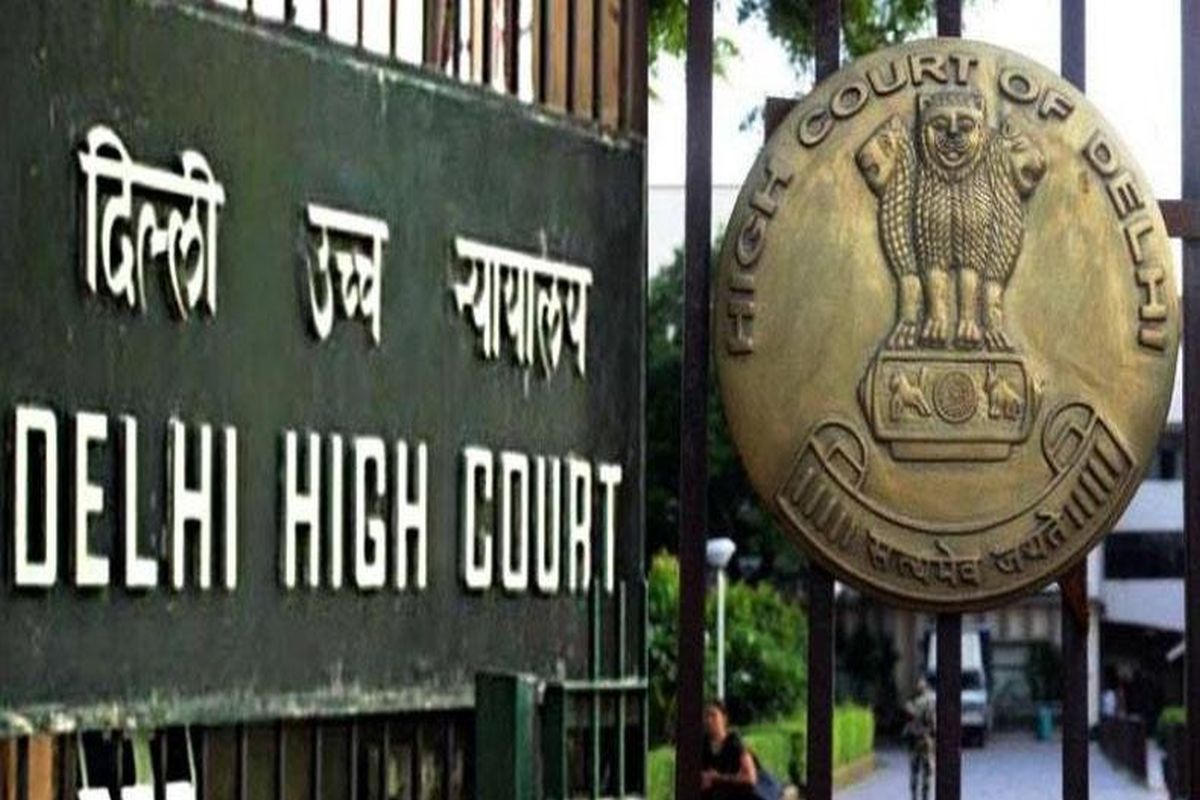The Delhi High Court Tuesday directed the AAP government to take a decision on a representation seeking that visitors to religious places be allowed, subject to strict compliance of COVID-19 protocol.
We direct the concerned respondent authorities to decide the representation dated July 25, 2021, in accordance with law, rules, regulations and government policy applicable to the case, as expeditiously as possible and practicable, ordered a bench of Chief Justice D N Patel and Justice Jyoti Singh while dealing with a plea by NGO Distress Management Collective.
Advertisement
Counsel for the petitioner submitted that in view of a significant drop in cases of COVID-19, while the authorities had permitted the opening of several places including malls, gyms and spas, there was the selective exclusion of religious places even in the latest order of the Delhi Disaster Management Authority dated August 30.
Religious places can open but the public is not allowed… My representation (to allow visitors) was sent 40 days back, he added.
We are giving them a direction to decide the issue, said the court after hearing the counsel.
In the petition filed through lawyer Robin Raju, the petitioner said that an online worship service will never be able to provide the same experience as a physical visit and that the continued prohibition on visitors gives an impression that they (the authorities) see religious places solely as places of worship and not a necessity.
Most of the religious places in Delhi are in difficulty even meet their building maintenance and other ancillary expenses due to the prolonged absence of visitors.
It is also hard to comprehend the selective exclusion of religious places despite opening up of all other crowd gathering spots, the plea adds. PTI ADS It further argued that the prohibition on visitors in religious places is illegal, and arbitrary, and violates Article 25 of the constitution of India.











